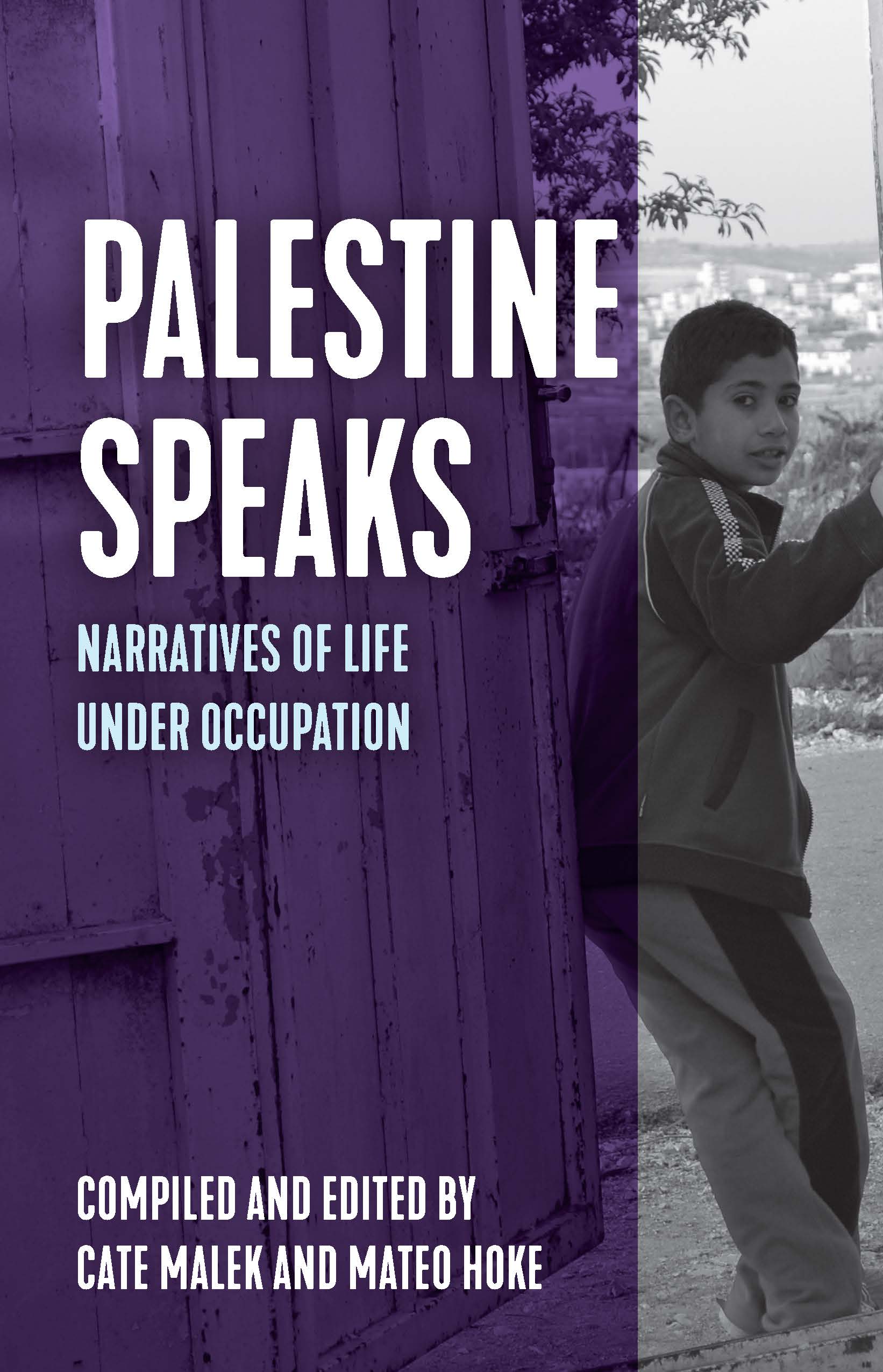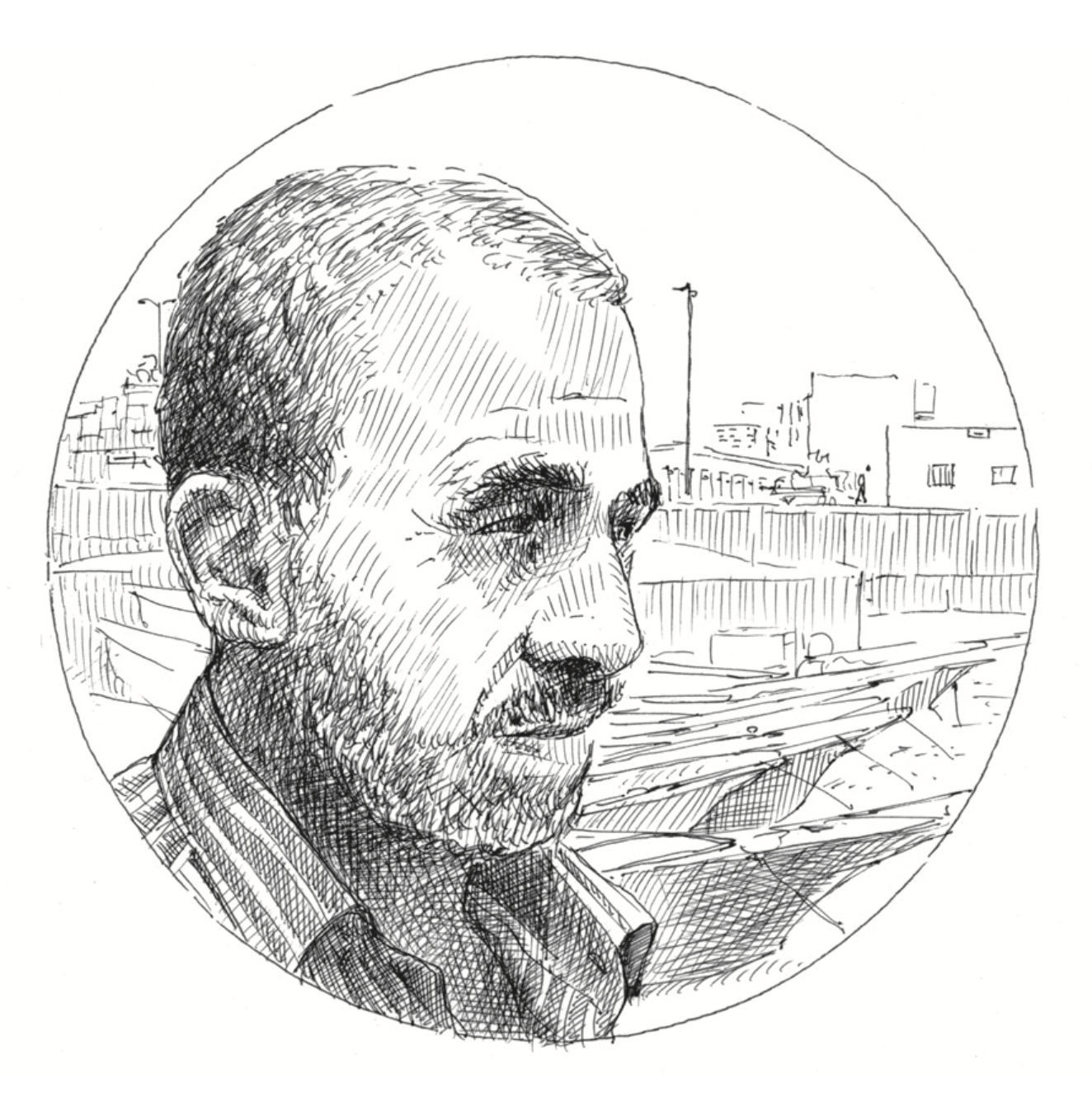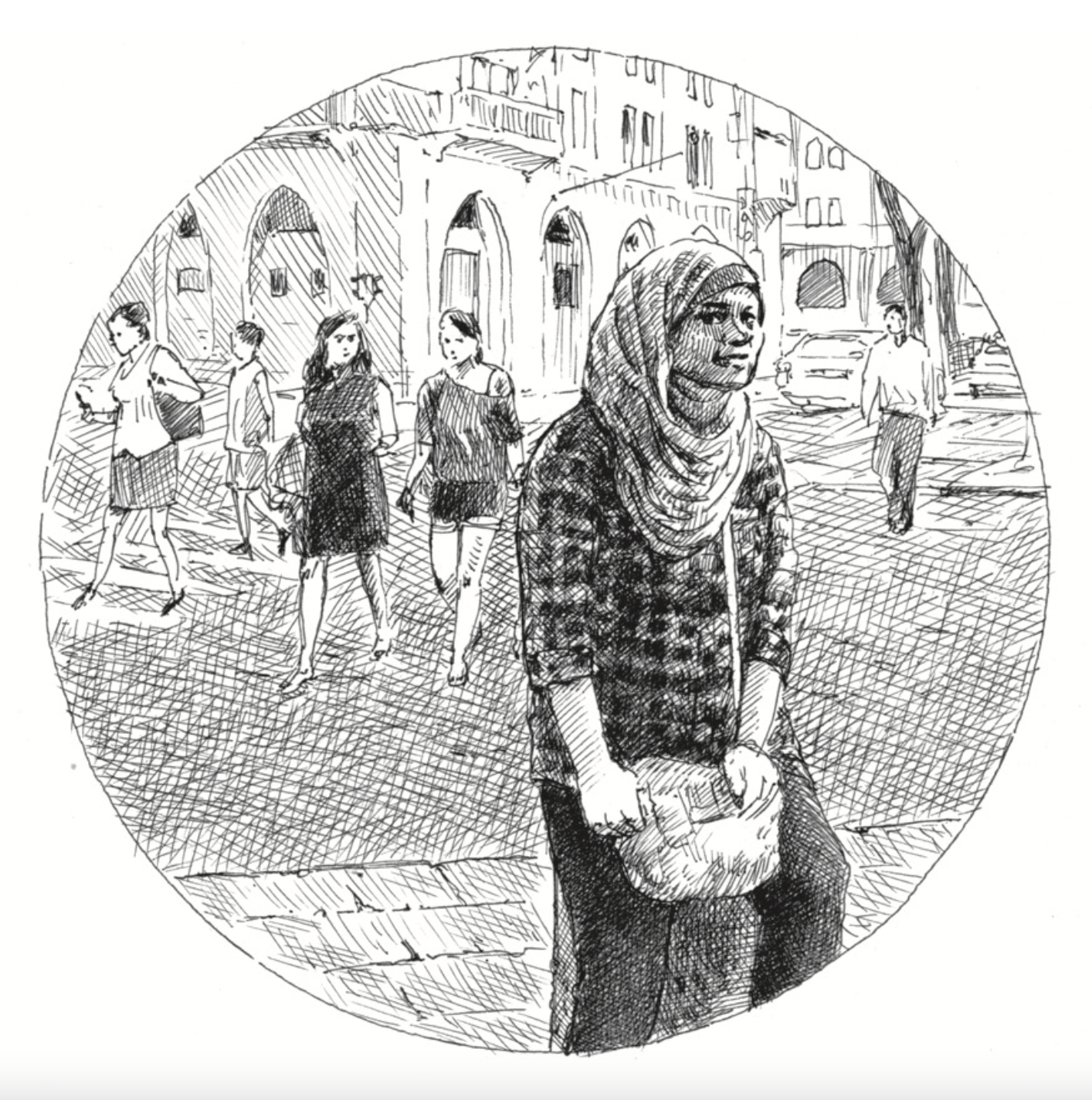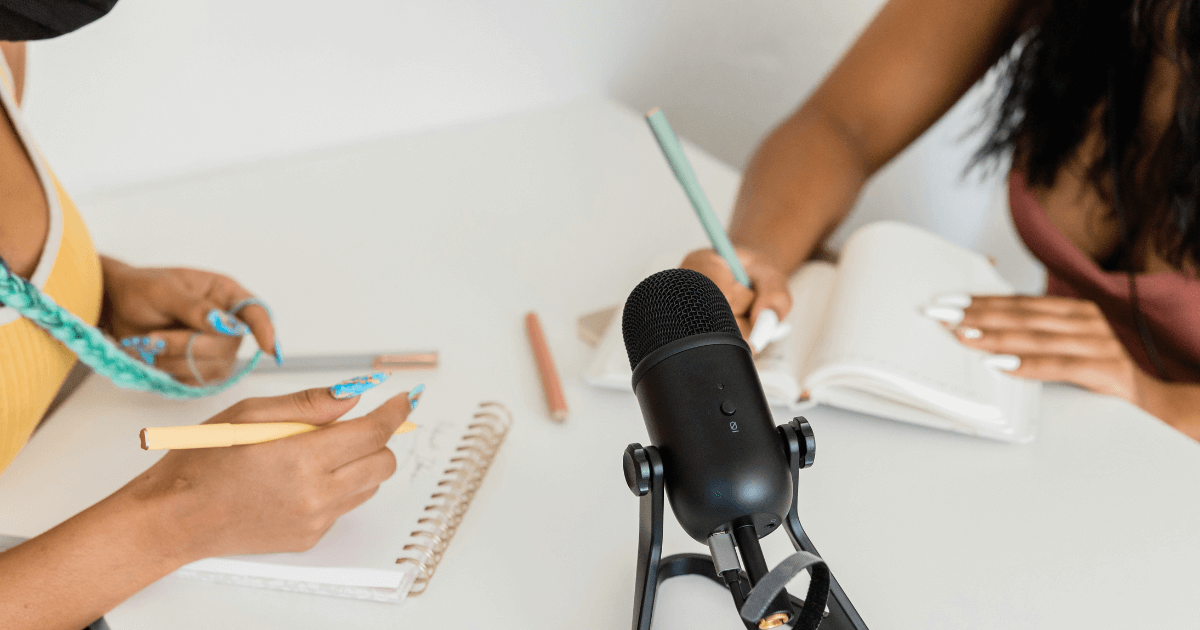We at VOW are devastated by the escalations of violence in Palestine and Israel over the past week. The killing of any civilians is horrific and a clear violation of international law.
In light of these events, it’s crucial for us all to understand the deep-rooted context of Israel’s more than 50-year-long military occupation of Gaza and 16 years of a suffocating siege, which has been repeatedly condemned by the UN and human rights groups as collective punishment and illegal. We cannot ignore the history of human rights violations against Palestinians, which have only escalated in recent years.
The recent onslaught of airstrikes, white phosphorus, and a blockade in Gaza by the Israeli military—killing thousands; cutting off electricity, food, and water; and displacing over a million from their homes—must stop now. Civilians do not deserve to die for the actions of Hamas. Collectively, we must demand an immediate ceasefire and an end to these mass atrocities and humanitarian catastrophe. We urge the US government to de-escalate, as well as end its support for decades of apartheid and Israeli occupation of Palestine. That is the only way we can ensure a future where everyone has freedom, equal rights, and dignity. At the bottom of this post, find a list of actions you can take, including contacting your representatives in Congress.

In 2014, Voice of Witness released Palestine Speaks: Narratives of Life Under Occupation, which shares oral histories of people in Gaza and the West Bank. They describe in their own words how their lives have been shaped by the human rights violations that occur daily—as well as the resistance and community they build. These stories are needed now more than ever to counter dehumanizing rhetoric used by politicians and mainstream media to justify more violence and oppression.
Palestine Speaks is currently 30% off from our publisher, Haymarket, and free corresponding lesson plans are available for download.
Read excerpts from narrators in Palestine Speaks below:
WAFA AL-UDAINI
NGO worker, age 26 (at time of interview)
Interviewed in Gaza City, Gaza
Wafa tells us that her goal is to correct the stereotypical images permeating western media about Palestinian people. Working with a group of other young men and women, she puts together videos to send to universities around the world featuring ordinary Gazans explaining their hopes and dreams.
The war in 2012 was more difficult than in 2008, to some extent, because in 2008 the Israeli army was coming into Gaza. But in 2012, it was just planes. They hit many places, not just police stations and mosques, but houses—really everything in the Gaza Strip.
By 2012, I had graduated and become a teacher. I was a substitute, and would fill in where I was needed. When I was a teacher, I had a very smart student, and I loved her so much. She was an excellent student. She was in the first grade when I taught her. But just about five months after the air strikes in 2012, I met her again, and I was shocked when I saw her. She had lost her mind, and she was walking down the street as if she didn’t know anybody. I went to her and asked, “Do you remember me? I was at your school. Do you remember?” The girl looked at me and laughed. She didn’t remember anything. I spoke with her mom and she told me the girl’s uncle was killed in front of her eyes. The Israelis bombed the place where he was sitting. He was a civilian, not involved in the resistance at all. He was just sitting in front of his house. And, unfortunately, they also traumatized this girl. And really, I was so shocked and so sad when I saw her.
JAMAL BAKR

Fisherman, age 50 (at time of interview)
Interviewed in Gaza City, Gaza
Jamal tells us that he comes from a very long line of fisherman, but that he now relies on international aid to support his family. Since the imposition of the naval blockade Israel imposed on Gaza in 2007, he can’t rely on catching enough fish to provide meals for his family, let alone catching enough to sell at market. He also shares with us the dangers of the Gazan fishing trade.
I probably see around three Israeli gunboats every day I go out. Usually, they are off in the distance, but sometimes they get quite close. They are about forty feet long, with a crew of twelve or so. Sometimes they’ll pull close to a Gazan fishing boat like mine and simply shout curses through a megaphone. When this happens to me, I just pretend like they aren’t there. They couldn’t hear me if I tried to say anything back, anyway. They have water cannons that they sometimes fire on boats, as well as rockets and machine guns.
Every single day, I hear that someone got shot at. Every single day, I expect to be killed. Whenever I leave my home in the morning, I’m not sure I will get home alive. That is what it’s like to be a fisherman in Gaza. I don’t know how to keep myself safe, because we don’t have time to think of how to protect ourselves when the shooting starts. When the navy starts shooting, a fisherman doesn’t even have enough time to put on a life jacket.
FADI SHIHAB
Computer technician, age 34 (at time of interview)
Interviewed in Gaza City, Gaza
In 2012, Fadi Shihab made an unusual decision: he chose to move his family from Knoxville, Tennessee, to Gaza City, despite heightened tensions between Israel and Hamas at the time. Fadi’s parents were originally from Gaza City. After marrying in the early sixties, his parents had moved to Syria, where his father pursued teaching work. They were there during the Six-Day War—when Israel began its military occupation of Gaza—and because they were not registered as living within Gaza at the time of Israel’s initial census of the region, many were unable to return and claim residency rights. They were left stateless, without permission to even visit their extended families. Their exile lasted decades, but they finally had the opportunity to return to Gaza in the late 2000s.
I’m responsible for Houda and the children. Anything happens to them, it’s my fault. It’s a lot of pressure. I’ve got gray hair. My brothers see my pictures and they’re like, “What happened to you?!” I say, “Man, a year in Gaza is like five years in the U.S.!” I had some gray hair when I arrived in Gaza, but in the last year it just started going completely gray. It’s a tough life here.
I think that coming here has made me feel closer to my Palestinian identity. Just ’cause when I sit with my cousins, they tell me these stories about my grandfather, about my dad while he was here. They also tell me stories about Hamas, about Fatah, what happened with them. All the crazy things that have happened in the city.
I wasn’t with my dad when he died. But when I’m fixing these olive trees and the garden, I feel I’m near him. I’ll just feel his presence, and I’ll sit down under the trees in the cool air. The breeze comes in from the sea, and it’s real nice. I can kind of sense what he wanted to get back to by returning here.
ABEER AYYOUB

Journalist, age 26 (at time of interview)
Interviewed in Gaza City, Gaza
In the spring of 2013, we managed to travel to Gaza after navigating a maze of bureaucracy with both the Egyptian government and Gaza’s ruling party, Hamas. Inside the tightly sealed borders of Gaza, their guide and translator is a young journalist named Abeer Ayyoub. Though journalists generally avoid interviewing other journalists for stories, her narrative is a valuable one to share.
I was born in Gaza City the year the First Intifada started, in 1987. By the time I started school, I’d already become used to the sight of Israeli soldiers patrolling the streets every morning. I used to be really scared of them—my grandma would warn me that I shouldn’t talk to them. In school, we’d teach each other tips about dealing with the soldiers. For example—when you see an Israeli jeep, don’t run, ’cause the soldiers will think you’re doing something bad. But we were naïve as children, and I didn’t think too much about who the soldiers were or why they were around. I only knew there were strange people with green uniforms everywhere.
To learn more, we recommend following these organizations and outlets:
- Democracy Now
- Al Jazeera
- Institute for Middle East Understanding (IMEU)
- Jewish Voice for Peace
- Haymarket’s list of books on Palestine
- Verso’s list of books on Palestine
- Social Justice Books’ curated list of titles for students of all ages
Actions you can take:
- Call and email your representatives in Congress. Demand they immediately advocate for a ceasefire. Find templates here.
- Tell Congress: End all ongoing US military assistance to Israel.
- Donate: Doctors without Borders, Anera, Palestine Children’s Relief Fund, UNWRA
- Amplify Palestinian journalists in Gaza and counter any disinformation you see in media or friends’ posts.




